CLICK BELOW TO WATCH FIRST!
DR. RON CLARK, CEO OF THE MAASAI TRUST
NEWS AND EVENTS
Our projects can become your projects.
See what we can do together!
The Maasai Relief and Recovery Initiative (MRRI): A Beacon of Hope
Transforming Maasai Health: The Community Health Improvement Program (CHIPS)
The Maasai Literacy and Education for Everyone Program (MLEEP)
The Maasai Water Project: Bringing Hope and Water to the Maasai Lands
Empowerment Through Agriculture and Livestock: Join Our Mission
Large Call to Action Headline
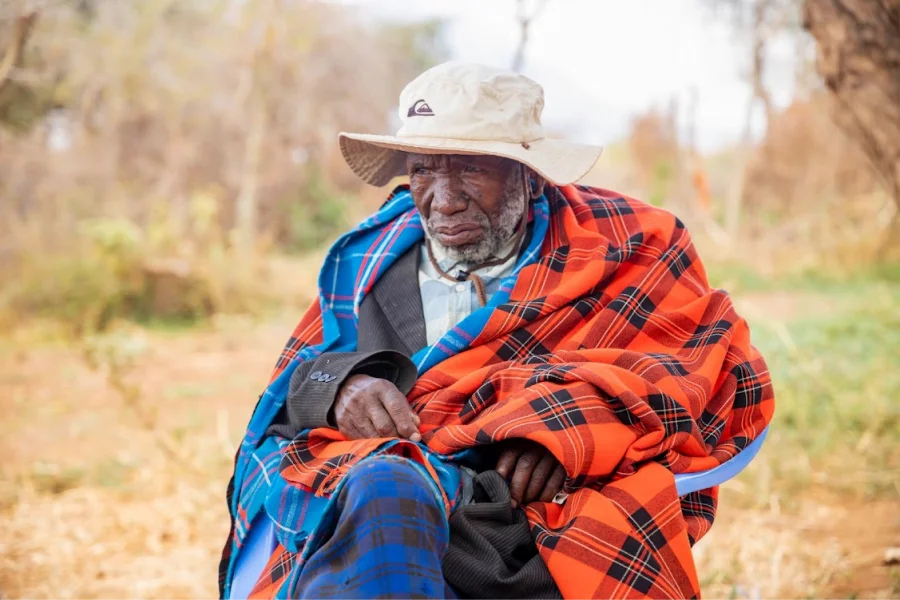
A Cry for Help: The Maasai and Samburu’s Battle for Survival
The Maasai Relief and Recovery Initiative (MRRI) is a visionary effort by The Maasai Trust to bring critical relief and sustainable recovery to the Maasai and Samburu people in Southern Kajiado, Narok, and Samburu Counties as well as North Tanzania.
Faced with unprecedented challenges due to severe droughts and resource scarcity, MRRI aims to address vital needs through community assessment, development of water infrastructure, emergency relief provision, education and and the empowerment of local communities. With a focus on immediate and long-term solutions, MRRI is a testament to our commitment to the Maasai’s well-being and resilience.
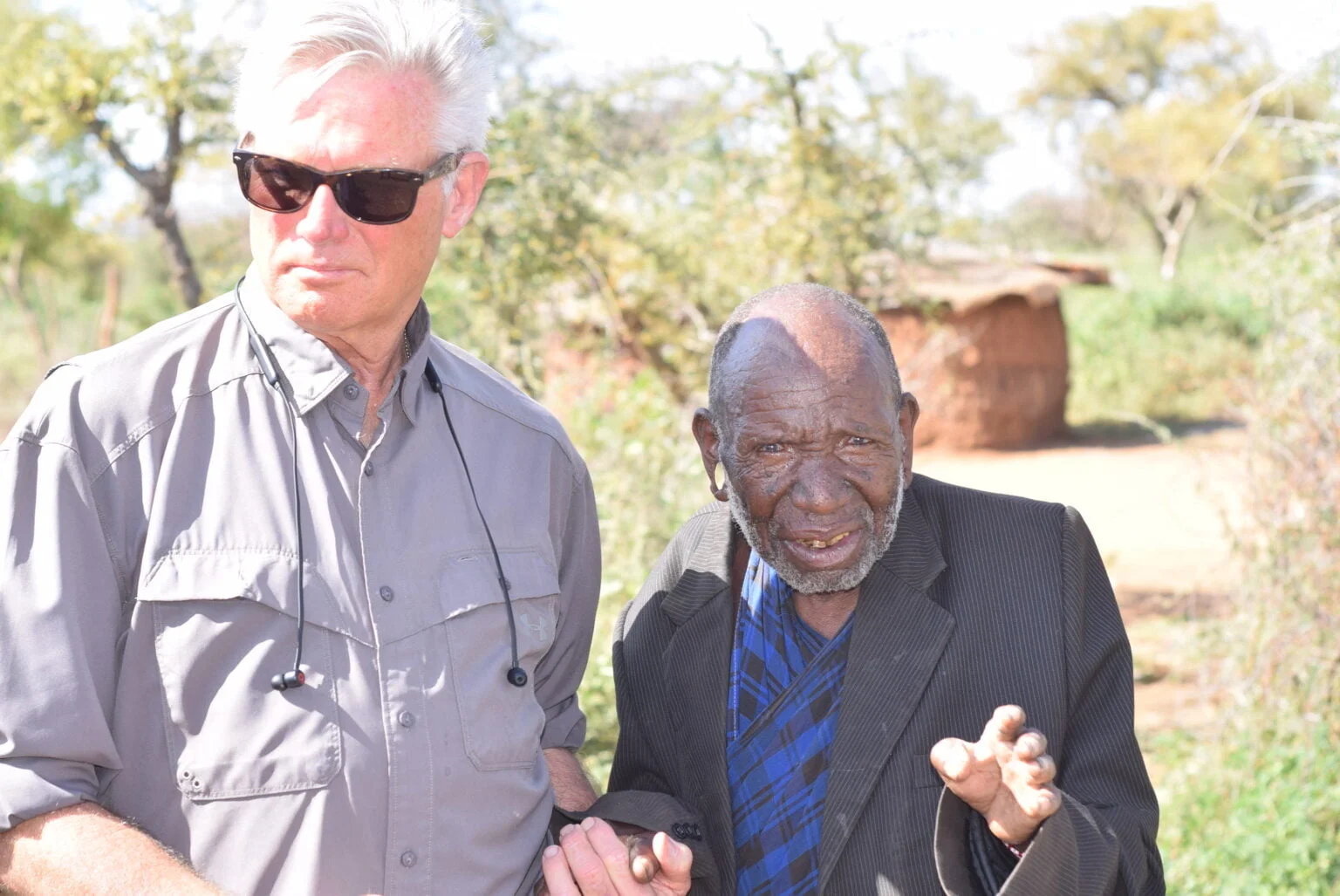
Will the Maasai Receive Their Help in Time?
In the heart of Maasai lands, the Community Health Improvement Program (CHIPS) is launched as part of the Maasai Rapid Recovery Initiative (MRRI) to address critical health challenges facing infants, children, and pregnant mothers. By focusing on Nutrition, Immunization, Hygiene Education, and Primary Health Care, CHIPS aims to build a foundation for a healthier Maasai future. With phased implementation ensuring focused attention to each essential need, we’re set to make a lasting impact on the well-being of the Maasai communities.
Dr. Ron and Ronda Clark: A Portrait of Service, Leadership, and Cross-Cultural Harmony
Dr. Ron Clark's narrative is not just one of spiritual leadership and academic contributions but also of dedicated service in the field of law enforcement and the military. Serving as a Military Policeman in the U.S. Army from 1974 to 1978, Dr. Clark exemplified discipline, integrity, and commitment to his country...
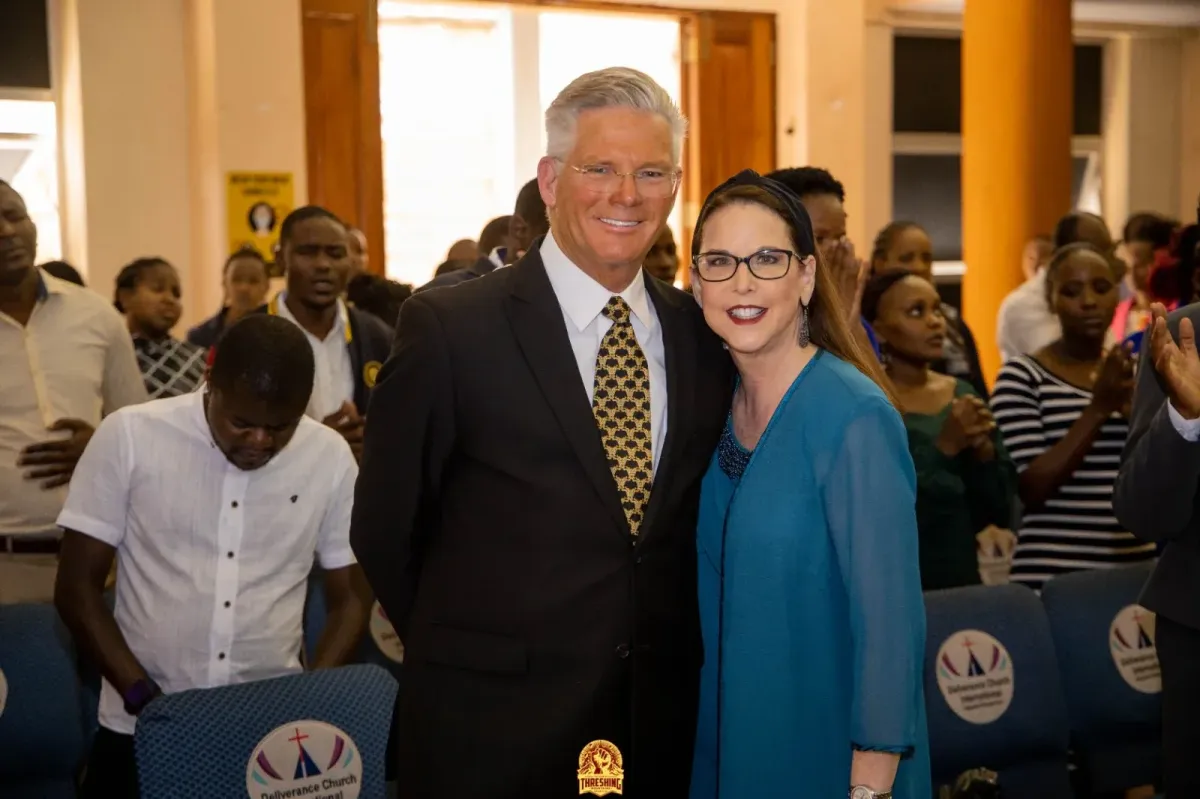
Dr. Biden Urges Starving Maasai to Explore New Career Paths
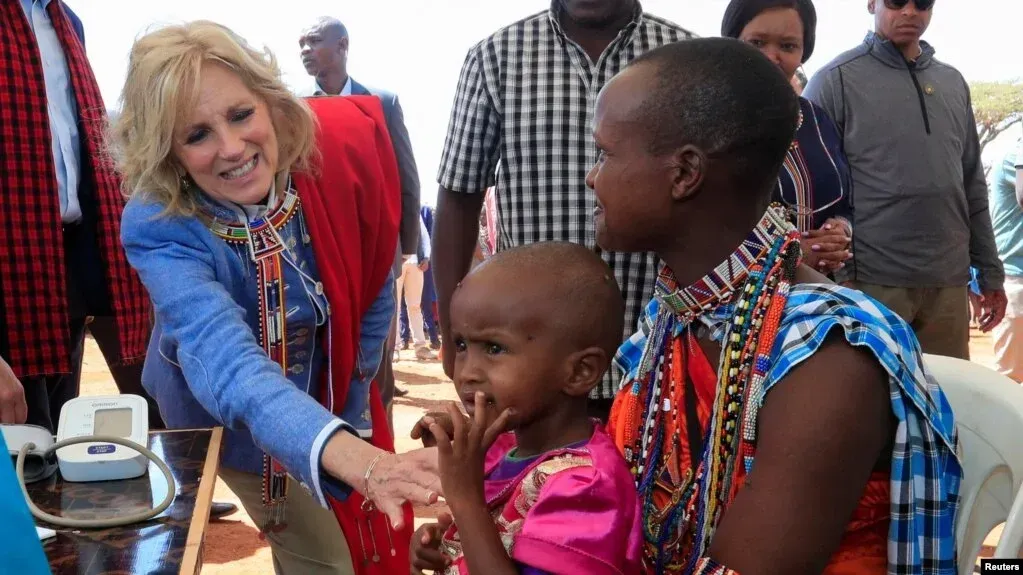
As dawn breaks over the sweeping savannah of Kenya's Kajiado County, the first rays of sunlight paint an ethereal portrait of Oldonyo Orok which means “Black Mountain” and rises on the border of Kenya with Tanzania. The Maasai compare it with Mount Kilimanjaro about 100 kilometres west which always has a s”now cap” on it, the mighty hill towering over the horizon like a silent sentinel. For those who have never ventured to this corner of the world, the landscape is a symphony of earth tones - shades of ochre, sienna, and sepia merging seamlessly beneath an endless expanse of azure sky...
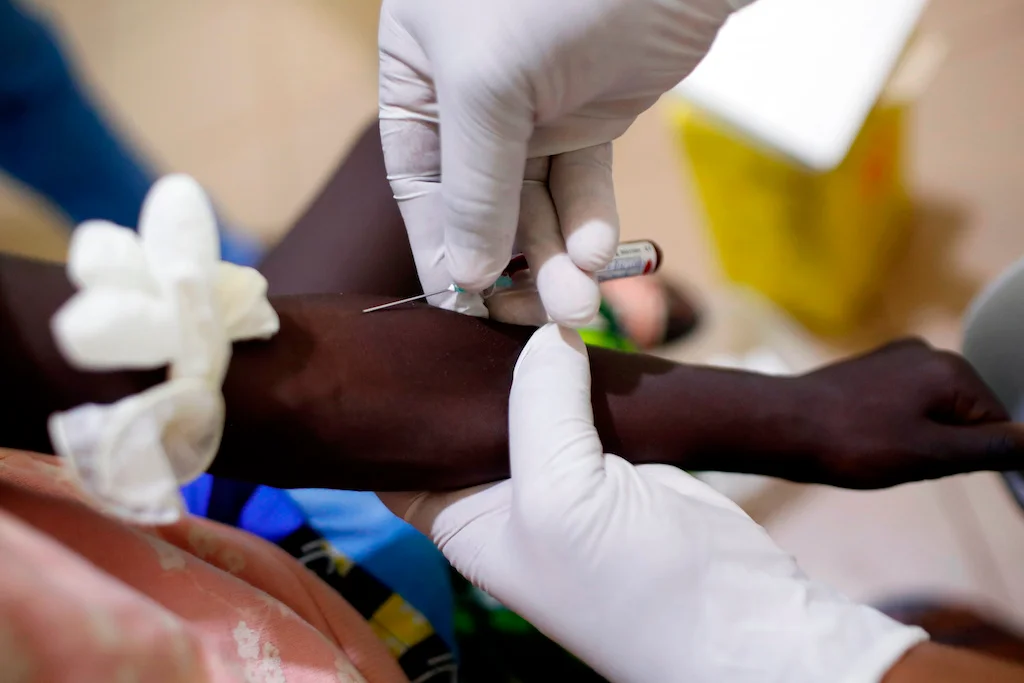
Transforming Maasai Health: The Community Health Improvement Program (CHIPS)
In the heart of Maasai lands, the Community Health Improvement Program (CHIPS) is launched as part of the Maasai Rapid Recovery Initiative (MRRI) to address critical health challenges facing infants, children, and pregnant mothers...
Emergency Food Distrubution Program
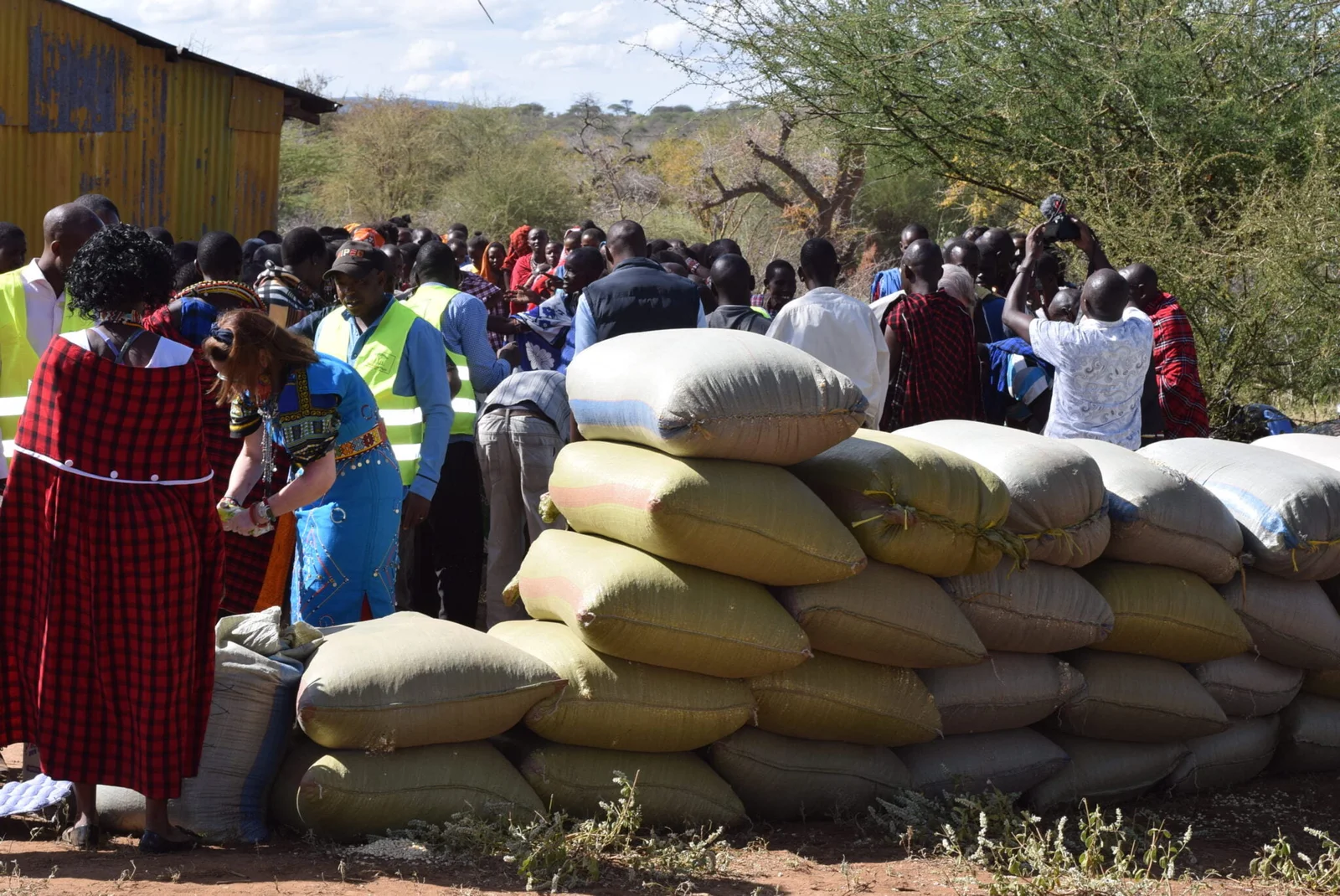
The Maasai Relief and Recovery Initiative (MRRI) is a visionary effort by The Maasai Trust to bring critical relief and sustainable recovery to the Maasai and Samburu people in Southern Kajiado, Narok, and Samburu Counties as well as North Tanzania.
Faced with unprecedented challenges due to severe droughts and resource scarcity, MRRI aims to address vital needs through community assessment, development of water infrastructure, emergency relief provision, education and and the empowerment of local communities. With a focus on immediate and long-term solutions, MRRI is a testament to our commitment to the Maasai’s well-being and resilience.

Broken Promises: Dr. Biden's Visit to the Maasai and the Reality of Climate Crisis Solutions
Dr. Biden's Promises: Promises Made, But Not Kept

In February 2023, First Lady Dr. Jill Biden visited the Maasai communities in Kajiado County, Kenya, to observe the severe impacts of climate change. The region has been facing its most intense drought in over a century, leading to famine affecting over a million people and the tragic loss of more than 100,000 Maasai lives since 2018.
The Impact of Climate Change on the Maasai
The Maasai have experienced devastating effects from the ongoing drought. During her visit, Dr. Biden listened to the harrowing stories of starvation shared by local women. She inquired about their traditional jewelry-making crafts, a vital cultural practice for the community.
Dr. Biden also met with six Maasai pastoralists who reported losing approximately 80% of their cattle—their primary source of wealth and sustenance—since the drought began in 2018. The situation was further exacerbated during the 2020 pandemic when these pastoralists suffered a 90% loss of their goats, critical for their families' food security.
A Suggestion That Missed the Mark
In response to these challenges, Dr. Biden proposed that the Maasai explore new forms of employment. While perhaps well-intentioned, this suggestion was perceived by the community as oversimplified and disconnected from their lived realities.
The Maasai have a literacy rate of only 40%, with their Samburu counterparts at an even lower 28%. Transitioning to new careers in such circumstances is not as straightforward as it might seem, highlighting the need for culturally sensitive and realistic solutions.
A Pattern of Oversimplification

This situation mirrors a previous remark by President Joe Biden. In December 2019, during a campaign event, he suggested that displaced coal miners could transition to computer programming by "learning to code." The comment was widely criticized for its lack of understanding regarding the complexities and challenges of such a career shift.
Both examples reflect a broader issue of oversimplifying solutions for deeply rooted and complex problems without a concrete plan to support the affected communities.
The Way Forward for the Maasai
The challenges faced by the Maasai underscore the profound impact of climate change on vulnerable communities. Addressing these issues requires solutions that are both nuanced and culturally sensitive. These solutions must take into account the unique circumstances, traditions, and needs of the affected populations.
For the Maasai, who have depended on pastoralism for generations, meaningful support must include strategies that respect their cultural heritage while providing practical pathways to sustainability.
The experiences of the Maasai serve as a reminder that well-meaning promises must be followed by actionable and empathetic plans. Without them, the promises made risk becoming promises unkept.
To discover more and how you can make a difference
Send us a message!
Our projects can become your projects. See what we can do together!
Confirmation Email: Check your inbox for a confirmation email with all the details of your consultation, including the date, time, and any additional information you may need.
Preparation: Feel free to gather any materials, ideas, or questions you’d like to discuss during our meeting.
Meeting: We’ll connect at the scheduled time to explore your vision and start planning your project.
If you have any immediate questions or need to make changes to your booking, please don't hesitate to contact us at (904) 999-8311.
Thank you for choosing The Maasai Trust. We’re excited to help bring your vision to life!
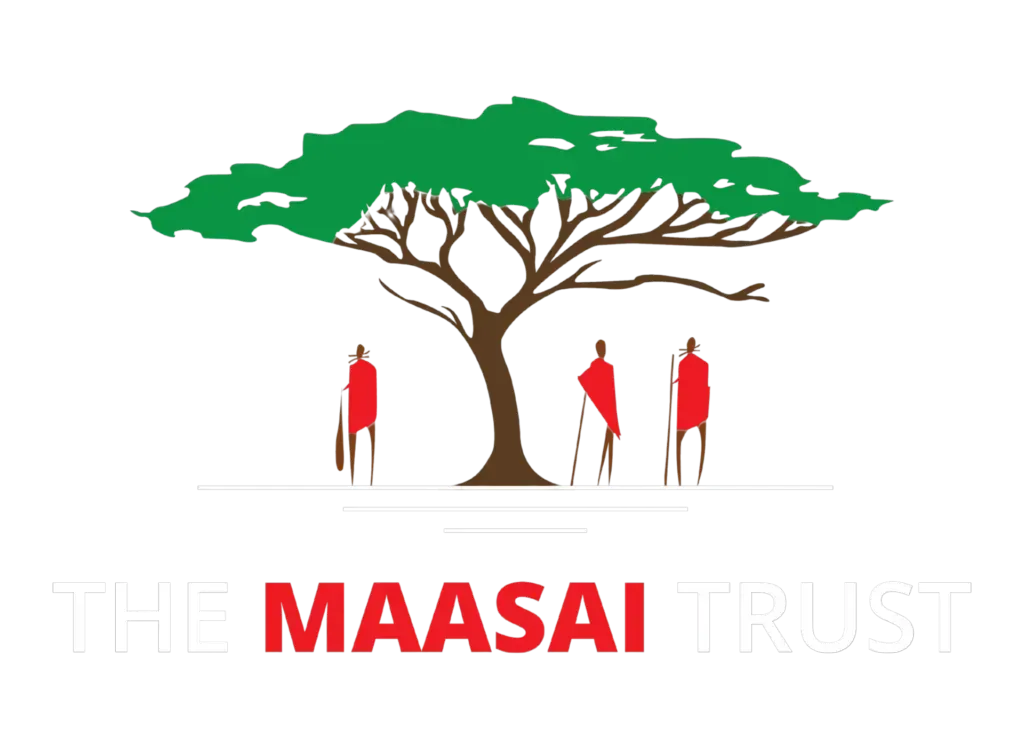
Join Us
© 2025. The Maasai Trust. All rights reserved.

